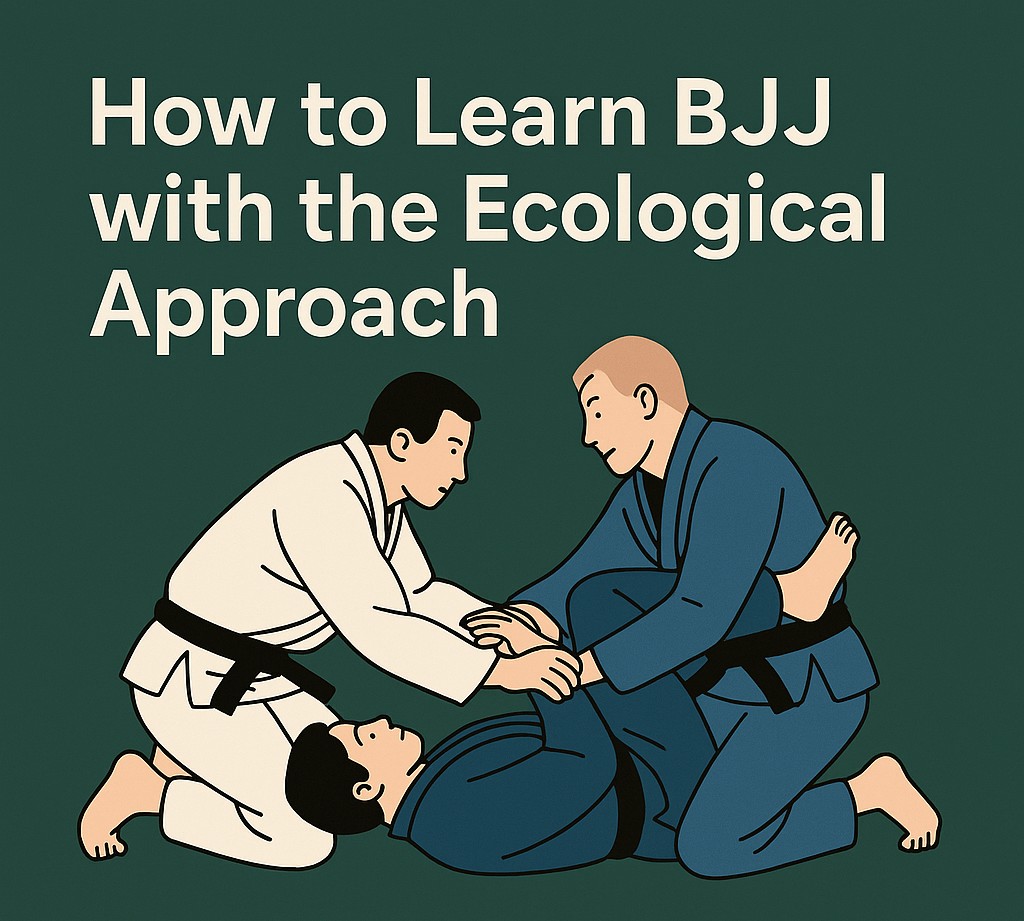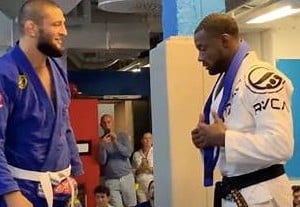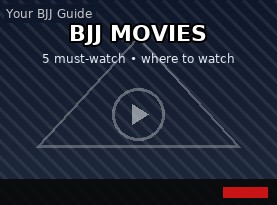Brazilian Jiu-Jitsu (BJJ) has traditionally been taught through static drills, repetition of techniques, and instructor-led sequences. However, in recent years, more coaches and athletes are adopting a new, more adaptive training philosophy: the ecological approach.
Rather than memorizing moves, this method focuses on developing skill through interaction with your environment — using games, constraints, and real-time problem-solving. It’s dynamic, messy, and more like how humans learn.
In this guide, we’ll explain the ecological approach, how it differs from the traditional way of learning BJJ, and how to use it to improve your jiu-jitsu.

What Is the Ecological Approach?
The ecological approach to learning is based on ecological dynamics, a theory from motor learning and sport science. It views skill development as an interaction between:
- The individual (your body, experience, and mindset)
- The task (what you’re trying to accomplish)
- The environment (your training partners, mat space, rules)
In BJJ, this means learning not by copying techniques, but by solving problems in real-time, adapting to resistance, and exploring different ways to achieve a goal, such as escaping side control or passing guard.
This approach is often referred to as “learning through live situations” or “constraints-based coaching.”
To dive deeper into the brain process, you can learn more with our article, Why the Ecological BJJ training can help your progress.
How It Looks in Practice
1. Design Live Games, Not Static Drills
Instead of practicing the same sweep 20 times, create a live game:
“You’re in closed guard. Your partner tries to posture up and open your guard. You win by off-balancing and sweeping them. They win by breaking open the guard and standing.”
This setup forces you to develop real timing, grips, and feel — not a rote sequence.
2. Use Constraints to Shape Learning
A constraint is anything that nudges your behavior. For example:
- “You can only use one arm to pass.”
- “No grips allowed. You must sweep by using hooks only.”
- “Your goal is to take the back in under 30 seconds.”
These challenges make you more creative and help you discover what works under pressure.
3. Encourage Problem Solving
Instead of saying “Do this grip and then this pass,” a coach might say:
“Try to get around their legs. What’s stopping you? What happens if you drop your level?”
This builds awareness and adaptive thinking, rather than dependency on step-by-step instruction.
Benefits of the Ecological Approach
- Faster skill transfer to live rolling
- Greater retention of movement patterns
- Better adaptability against different body types and styles
- A deeper understanding of timing, leverage, and control
- More fun and engaging training for most students
It benefits hobbyists, competitors, and anyone interested in functional performance over aesthetic perfection.
Tips to Get Started
- ✅ Add small games to your warm-ups (e.g., guard retention mini-matches)
- ✅ Ask your coach about incorporating constraint-led drills
- ✅ Focus on goals and reactions, not copying
- ✅ Film and review situational rolls to analyze your movement decisions
- ✅ Be patient — this method can feel “slower” at first, but leads to deeper learning
Pros and Cons
Here’s a clear breakdown of the pros and cons of using the ecological approach to learning Brazilian Jiu-Jitsu:
– Pros
1. Better Skill Transfer to Rolling
Because you’re always training in context with resistance, the skills developed carry over directly into live sparring and competition.
2. Improved Adaptability
You learn to respond to different body types, styles, and reactions instead of relying on memorized sequences that may break down under pressure.
3. Deeper Understanding of Movement and Timing
The approach forces you to feel and understand leverage, balance, and timing—core aspects of BJJ that can’t be taught through static drilling.
4. Increased Engagement and Enjoyment
Games and problem-solving drills are often more fun and mentally stimulating than repetitive drilling, keeping practitioners more motivated.
5. Builds Autonomy and Creativity
Students improve at solving problems independently rather than waiting for prescriptive answers or set techniques.
– Cons
1. Slower Initial Progression
Without step-by-step guidance, beginners may feel lost or frustrated early on and may take longer to “see” results.
2. Less Structure Can Be Confusing
Some students struggle to grasp key mechanics without a precise technical sequence unless the coach is skilled at designing constraints.
3. Harder to Teach in Large Classes
Managing a class full of students doing different games or exploratory drills can be more challenging than synchronized techniques.
4. Limited Reference for Visual Learners
Some students learn best by watching and copying — this method deprioritizes that, which might not suit everyone’s learning style.
5. Requires Coach Experience and Creativity
The success of the ecological approach depends heavily on the coach’s ability to design purposeful, targeted training environments.
Final Thoughts
Learning BJJ with the ecological approach means trading perfection for progress. It shifts the focus from “doing the move right” to “solving the problem effectively.” By placing yourself in realistic situations and exploring options under resistance, your jiu-jitsu becomes sharper, more reactive, and more robust.
Whether you’re a white or black belt, this approach aligns more closely with how combat works — and how humans naturally learn to move.
Five ecological BJJ games to start with
Related Reading
- Best Brazilian Jiu Jitsu Instructionals
The top BJJ videos to learn from - Why BJJ isn’t about Memorizing Moves
We dive deeper into how to learn BJJ - Constraint-Led Guard Passing Games
CLG Games to level up your passing




